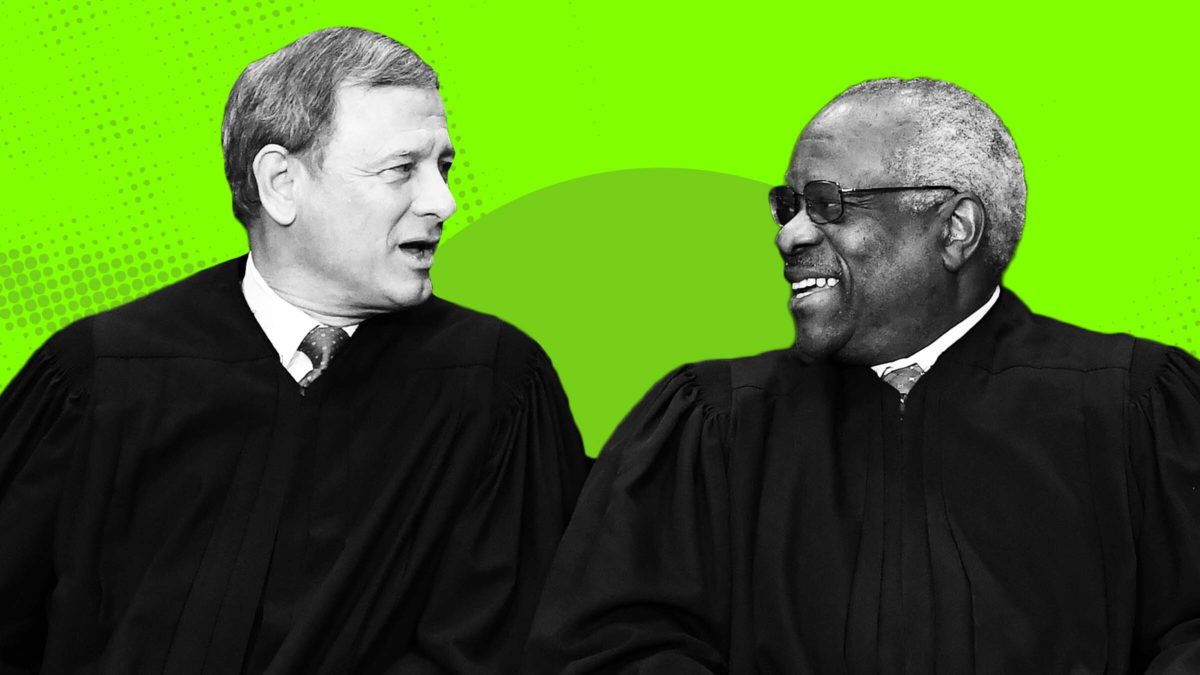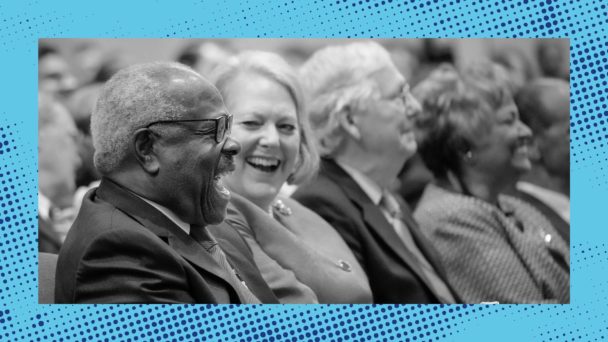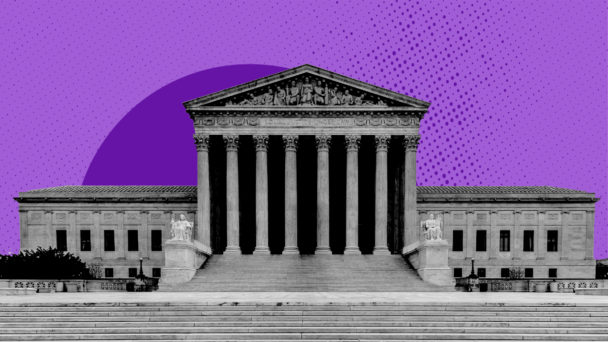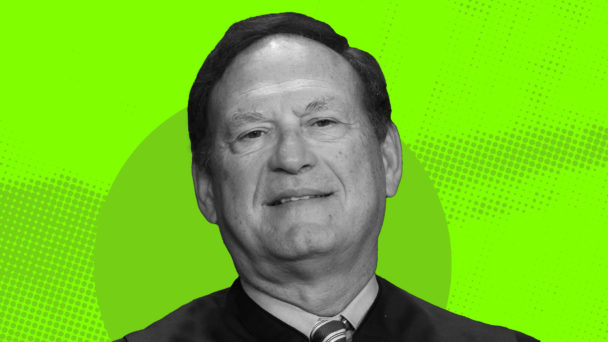Earlier this year, a conservative religious nonprofit convened a call with top donors to discuss an existential threat to their shared ideological project: proposals to implement modest reforms to the U.S. Supreme Court’s already-modest code of ethics.
In audio obtained by ProPublica and Documented, the First Liberty Institute’s Kelly Shackelford warns his “very top supporters” that ethics reform would “destroy the independence of the judiciary,” and urges them to donate more money to the organization—or, at the very least, to pray for its ongoing success. “This is a spiritual battle,” he said. “The evil that will occur if we lose the rule of law is beyond, I think, what any of us can even think through.”
Shackelford wrapped by reading a note of encouragement from a real-life superhero to everyone on the call: the conservative activist Ginni Thomas, wife of Justice Clarence Thomas, who’d emailed Shackelford to express her gratitude for First Liberty’s anti-Court reform efforts. “I cannot adequately express enough appreciation for you guys…reacting to the Biden effort on the Supreme Court. Many were so depressed at the lack of response by [Republicans] and conservatives,” she wrote, according to Shackelford, before mashing the CAPS LOCK button for the balance of her message. “YOU GUYS HAVE FILLED THE SAILS OF MANY JUDGES. CAN I JUST TELL YOU, THANK YOU SO, SO, SO MUCH.”
Ginni’s passion for QAnon-adjacent Republican politics has been public knowledge for some time, but this is the first evidence that she’s involved herself in Supreme Court reform specifically, as opposed to conservative activism in general. As my colleague Madiba Dennie wrote earlier this week, the notion that Clarence and Ginni Thomas are careful to separate their work has long been farcical: When she’s dropping confident references to “MANY” federal judges who are (allegedly) dismayed at possibility of having to comply with basic good-government laws, it is hard to imagine that her well-traveled husband is not at the top of her mind.
Standard-issue Ginni rants aside, though, for my money, the most interesting excerpt comes earlier in the audio, when Shackelford mentions Justice Elena Kagan’s recent comments in favor of amending the Court’s ethics code to include a more robust enforcement mechanism. (More recently, Justice Ketanji Brown Jackson expressed a similar sentiment.) During the call, an incensed Shackelford characterized this position as “somewhat treasonous,” which raises the obvious question of to whom, exactly, he believes Supreme Court justices owe their loyalty.
Just as quickly, Shackelford supplied an answer. “The chief justice rules the Court,” he explained. “They’re trying to keep the other branches’ hands off of them, and then you’ve got Kagan from the inside really being somewhat disloyal.” His tone is that of a disappointed dad scolding his teenage daughter, if the daughter’s great offense were suggesting that the family perhaps consider not cheating on its taxes this year.
ProPublica/Documented
It is a fascinating little window into the worldview of conservative activists: Supreme Court justices are expected to defer to the policy positions of Chief Justice John Roberts, a Republican who has spent his career resisting reforms that might affect his Republican colleagues’ lucrative grifts. Other things in which one might imagine a Supreme Court justice taking an interest—the Constitution, representative democracy, the promise of EQUAL JUSTICE UNDER LAW emblazoned above the Court’s front door, things of that nature—are afterthoughts at best. For Republicans who spent five decades working to control the Supreme Court, no task is more important for a Supreme Court justice than preserving the supremacy of the Supreme Court.
Every fifth-grader in America learns about the system of checks and balances that enable three co-equal branches to do the basic work of governing. For normal people, the ascendance of a conservative supermajority whose members are free to accept lavish gifts from reactionary billionaires is strong evidence that the electorally accountable branches have a responsibility to step in and clean up the mess.
For people like Shackelford, the idea that a justice might share this view simply does not compute, because the point of being a Supreme Court justice is not having to give a shit about what the other ostensibly co-equal branches say, do, or think. They are not even interested in engaging in the public performance of legitimacy—in paying lip service to the theoretical importance of hypothetical rules that might play some small role in limiting public corruption. When ethics reform is the only thing standing between the conservative movement and several more decades of unfettered revanchist policymaking, judicial unaccountability is not a crisis that requires intervention. It is an earned benefit that merits a vociferous defense—and, of course, a renewed call for donors to open their checkbooks.





